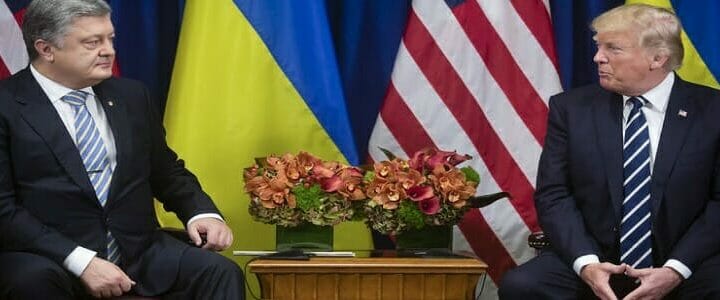The world’s leaders gather in New York this week for the United Nations General Assembly (UNGA) meeting, and once again, President Donald Trump and his unconventional (some would say undiplomatic) diplomatic style. Trump treats international leaders, friend and foe alike, the way he treats American politicians. He is brusque and blunt, says what he means, and doesn’t seem to care about the consequences.
So far, there have been few real ramifications. For all the talk of “loss of American prestige,” Trump’s behavior really has only given world leaders who already resent America’s ability to dictate the terms of international affairs a new excuse to raise their objections. So from that perspective, Trump’s tactics have a certain logic, one borrowed from electoral politics.
Trump Brings Electoral Politics to International Diplomacy
A tough lesson for first-time candidates to learn is that there is a segment of the population who will never vote for them no matter what they do or say. The trick is to figure out who those people are and ignore them. Engaging in a debate with a voter who is a lost cause only takes away from the time and effort necessary to convince truly persuadable voters.
Trump employed this strategy very effectively in 2016. He is now treating many world leaders the way he treated hardcore Hillary Clinton supporters: he dismisses them.
This is not the way diplomats prefer to conduct their affairs. In the Foreign Affairs Manual, the State Department teaches its diplomats, “Protocol and certain long established formalities are customs and modes of behavior which, through long observance, have come to be accepted as necessary or useful in the society in which they are found.” Clearly, the president finds many of these long established customs neither necessary nor useful.
Is Trump’s behavior really Ending the American Era?
Critics will say the president is doing long-term damage to American prestige. This time last year, The Atlantic devoted the bulk of its October issue to a “Damage Report” on Trump’s presidency, which was then a mere nine months old. Anchoring the analysis was Johns Hopkins University School of Advanced International Studies professor Eliot Cohen’s essay “How Trump is Ending the American Era.” Cohen argued that Trump correctly assessed that he “inherited a mess,” then proceeded to make it messier.
Cohen dourly predicted that matters would only get worse. But the international order has not collapsed, and America’s allies have not gone running into the arms of China. They have not done so because they rightfully understand that the world order is far safer under American leadership than it would be under Chinese leadership.
the world Knows it faces greater threats than trump’s bombast
The main threats to international security continue to be Iran and North Korea. After using his address to the UNGA last year to call North Korea’s Chairman Kim Jong-un “Little Rocket Man,” Trump has brought North Korea to the negotiating table. China was largely a bystander to the process. While there remains little progress on the nuclear front, North and South Korea are on better terms than at any point in the last 70 years. Most significantly, the two countries continue to work together to reduce tension along the demilitarized zone along their mutual border. Trump gets a large share of the credit for that.
Iran continues to export violence and comet instability throughout the Middle East, but the Trump Administration is doing more to combat that than any other nation. In fact, if would be hard to imagine China doing anything to stop the Iranian arming of Houthi rebels and Hezbollah terrorists. In fact, China has stood by Iran though all of its malignant activities throughout the nearly 40 years since the ayatollahs seized power in 1979. One of the catalysts behind the U.S. sanctioning of Chinese telecommunications giants Huawei and ZTE was their provision of equipment and technology to Iran despite international sanctions.
As is the case domestically, Trump’s bark is far worse than his bite on the international stage. World leaders have adjusted to the new, or at least temporary, normal. For all the wailing and gnashing of teeth, the “liberal international order” will survive. After all, if that world order were so weak that it were unable to survive one bombastic American president, it was never terribly stable to begin with.



